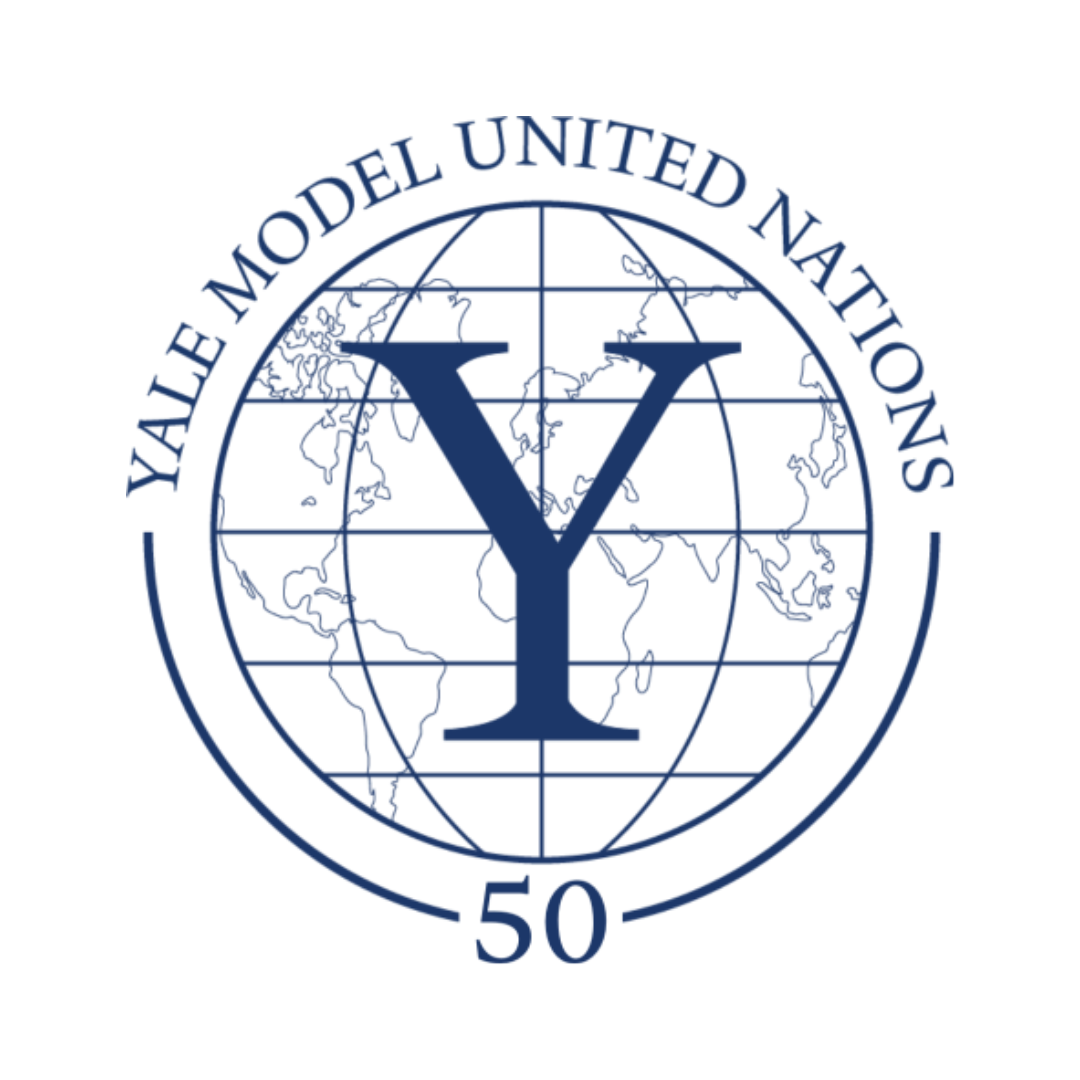MIDNIGHT CRISIS: 1945 Global Leaders Convene to Discuss Rebuilding
By Liam Scott
YALTA, 1945 (UN Press Corps) - The year is 1945, and leaders from the USSR, the US, China, Iran, Korea, East Germany, Turkey, Poland, France, Japan, West Germany, the UK, and Italy have convened to discuss how best to rebuild society after the worst global conflict to ever face the international community—WWII. Several themes were common throughout the resulting discussion.
Many delegates, especially that of Poland, argued for the importance of self-determination. The delegate from Korea, who is currently exiled from his country because it is occupied by Japan, agreed with Poland, saying that despite the numerous references to sovereignty, we are “not all sovereign here.” The delegate from Poland called for “the voice of the many, not the guidance of the few.” The delegate from Italy shared similar sentiments.
Other delegates concerned themselves with rebuilding the economy. According to President Truman, the “economy is in shambles.” Delegates from West Germany and Japan likewise called for immediate action to improve the economy, as the delegate from West Germany called for the “revitalization of every single society” through the creation of a World Bank, a proposal that interested Japan as well. The delegates drafted a directive to begin the creation of this World Bank.
These leaders also received a press release outlining new information regarding human rights violations in Germany and Korea. Despite this update, the delegates chose to focus on rebuilding society for the future and not confronting the recent past.
Yesterday, these leaders created the International Coalition (IC), as well as a world economic group and a Global Court of Fairness. The IC is a global body composed of five permanent states and ten rotating states who serve five year terms.
Separate small and large nation summits then took place regarding the IC. Small nations (Korea, Poland, Western Germany, Italy, Turkey, and Iran) determined that they wanted five of the ten rotating spots to be allocated to small nations. These five spots were broken up by region: the Middle East, Asia/Indochina, Europe, South America, and Africa. Italy asserted that the small nations would boycott the IC if these demands were not met.
These small nations maintained support for self-determination. Italy specifically condemned colonialism, and called for independence in current colonised states, which was ironic considering Italy’s recent colonization of Abyssinia.
The small nation proposal passed with amendments. According to the delegate from Korea, the small nations get one veto if four of the five small nations agree to a veto.
